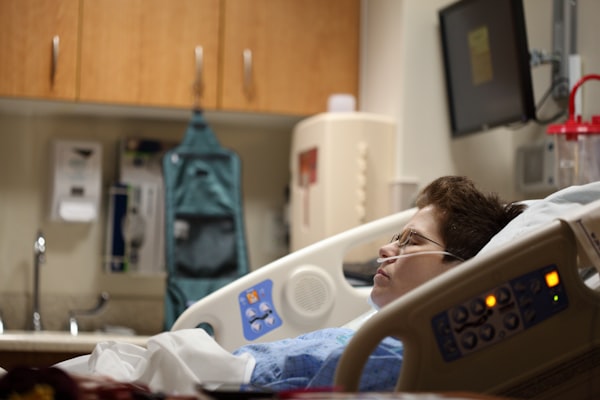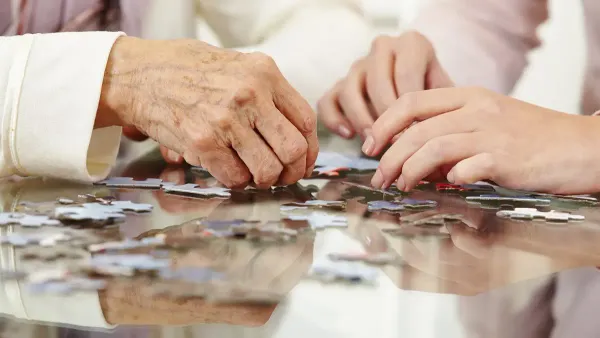
End of Life Issues
What is a Living Will vs Will?
A will and a living will are both important legal documents, but they serve very different purposes. It is essential that you understand the key differences between the two to ensure that your wishes are carried out in the way you desire. While both wills and living wills can protect











